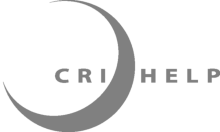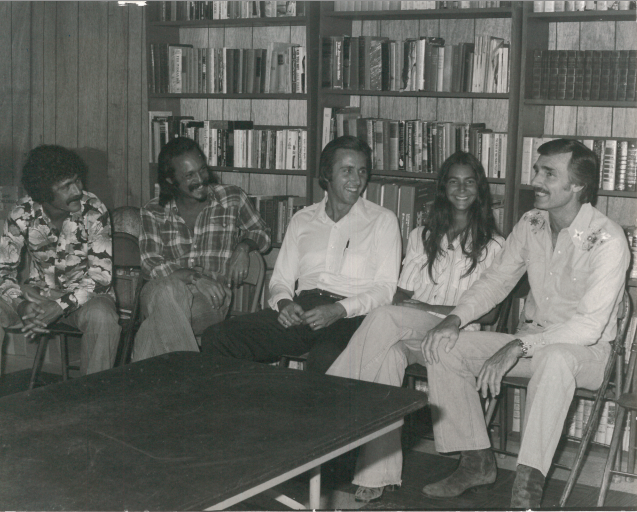1971
CRI-Help opened its doors in Sun Valley, CA and moved to its current location in North Hollywood, CA shortly thereafter. Our initial 6 clients and their families paid what they could and stayed in treatment for up to 18 months. One of CRI-Help’s first clients reported paying $25 a month, while another reported paying $200 upfront to cover their entire stay.



